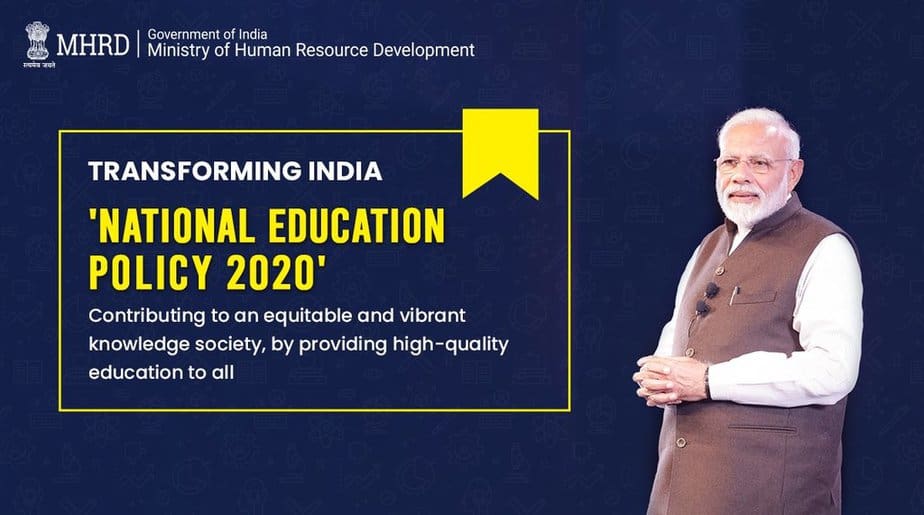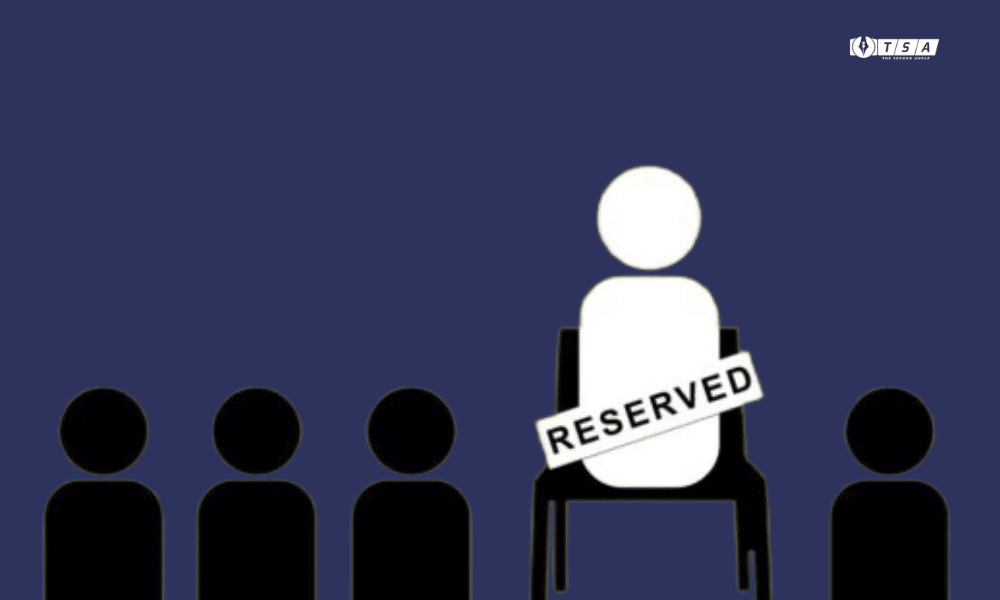Representation in India was justified by the constitution makers while drafting the Indian Constitution. The sole purpose of introducing a reservation policy was to correct a certain illness. It was to give a certain segment of people an extra advantage for a short framework of time. The tenure was not meant to be ever lasting. It has become one of the most powerful electoral tools for the vote banks.
Reservation in the domain of education is often controversial. Reservation of seats in universities and colleges often knocks out a deserving candidate who belongs to the general category. In the past few decades, a rise is seen in the representation of students in universities and colleges. But, is it fair enough to give credits to the Reservation Policy? It could also be possible because of the change in the generation. A lot of students may also be able to represent and attend college because of the growth in the economy. A lot of poor people entered the middle-class zone between the late 90s and early 20s. The shift in the technical era may also be responsible for the admission of students belonging to backward classes.
Reservation being Inappropriate

As mentioned, the policy was meant for a short period. The everlasting nature of this policy has made the selection of candidates a discriminatory process. The policy must be checked and reviewed every few years. It should be selective in the regions, rather than existing on national grounds.
Youth has a role to play. The role is all because of his/her strength and calibre, not because he/she belongs to a certain weaker section of society. Availability and access to resources vary, and it should be the national cause while providing reservations. A posh city like Mumbai doesn’t require this policy. Students from Mumbai, if they have the willingness, can explore and learn a lot. Whereas, students from poor villages have minimum availability and sources for learning.
Today, we are constantly providing reserved seats to students belonging to backward classes. This points out that the government is providing them with the opportunity to live a better life and change the overall perspective of society in the coming future. As a result, these candidates tend to live wealthy lives. Then why do we need reservations for the next generation, for their kids? These sets of questions apply to every parent of every generation who got the benefits of reservation. This cycle has to break.

Other Arguments And Changes Suggested
Our constitution lays down that every child has a right to education and nowhere expresses that any child belonging to a backward class has a little more of this right than the general category. Here are a few changes suggested:
1) Selective or Proportional Reservation: Not all regions require this policy. In Urban areas, the authorities should focus on how to give access to technology to students. Whereas, in rural areas, the focus should be on providing academic opportunities as well as moral learning.
2) End to privileges given on Percentage: A candidate belonging to a backward category is accepted even if he scores lesser than a general candidate. This shows that currently, we treat Reservation Policy as if candidates from the backward class lack capacity. They don’t. Some from rich cities either lack opportunities. The criteria to get admissions should be based on the same percentile.
3) Studying the Reservation in accordance with the New Education Policy(2020): The government made changes in the Education system that are yet to be implemented. Students in 11th and 12th Standards will have different learnings in the future, due to the new policy. This will shape the Admission processes as well. So, Reservation needs to be reformed and reviewed.
4) Changes in our education system at the grass-root level: We can’t give education to people who are illiterate and yet able to earn their livelihoods. Few of them lack awareness and acceptance of backward classes. This moral education can be given and spread to all age groups. And, on the other hand, educating the young ones along with moral values should be the concern.

Conclusion
A candidate belonging to a backward category is accepted if he scores lesser than a general candidate. This shows that currently, we treat Reservation Policy in education as if candidates from the backward class lack capacity. They don’t. Some from rich cities either lack opportunities. If the Government is providing Reservations to one generation then it should check and review for the next. The true virtue of Reservation is welfare-based, it has to dissolve after a period. Candidates must be given privileges based on their strengths, rather than the class to which they belong.
Also Checkout: To Compete Against Modi, The Opposition Needs To Work Above Their Self-Interests!












